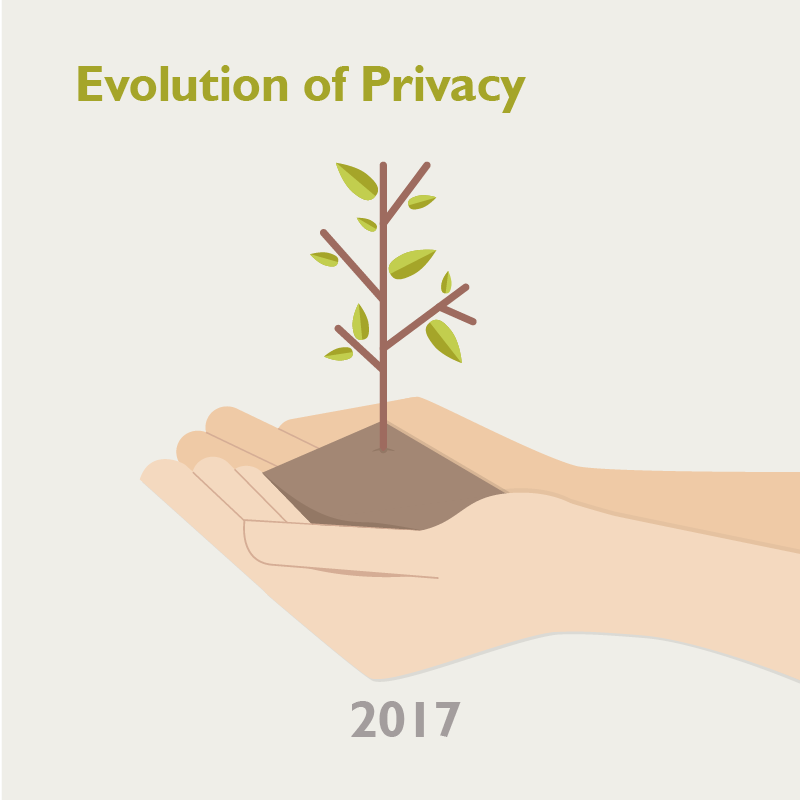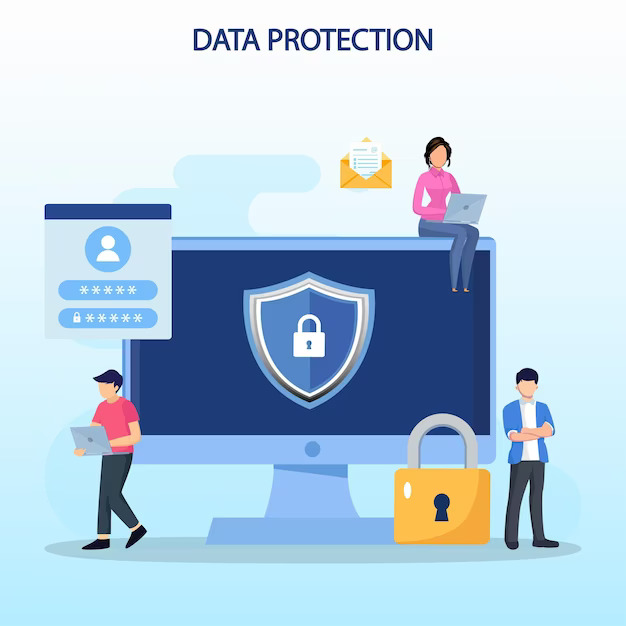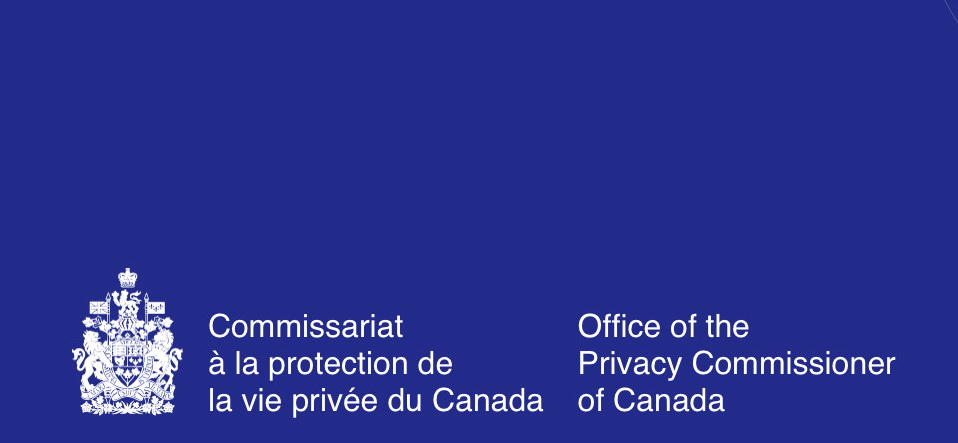
Evaluating Anonymization Methods
Article 29 Data Protection The European Commission’s Article 29 Data Protection Working Party provides a useful set of criteria for evaluating anonymization methods in its “Opinion on Anonymization Techniques” (2014): Is it still possible to single out an individual? Is it still possible to link records relating to an individual? Can information be inferred concerning…

How Privacy will be Different in 2017
Privacy is a process. So, what can we expect in 2017? Three trends, privacy and big data protection will bring about changes in terms of privacy automation, legislation and open data. Privacy Automation (Adoption) Many companies are now understanding that privacy helps facilitate business growth by building the public’s trust in their brand. To keep up…

Dimensions of Identity 1/2: Explaining the Language of Anonymization
Privacy and data protection laws stipulate protections for “personal information,” which is usually defined as information that could readily identify an individual. This has given rise to various attempts to define “identifying information,” when in fact there is no clear division between types of information that can and cannot identify individuals. Identity has frequently been…

Inappropriate Access detection using Machine Learning
Detecting Inappropriate Access to Personal Health Information “While PHIPA has served Ontarians well over the last decade, rapid changes in technology and communications are demanding that we keep pace. With the growing use of electronic health records, the province needs a legislative framework that addresses the rights of individuals and the duties and obligations of…

Data Protection in Design
Time for a New Vision Up until now, we have viewed privacy and security on the same sliding scale, through which it appears to be impossible to have one without hurting the other. Envisioning a country where privacy is prioritized over security and surveillance seems absurd. However, it is time that we disrupt this traditional…

A Proposal for Privacy Innovation in Canadian Law Technology and Corporate Culture
Summary Many believe that privacy as we know it is at a crossroads. Can data protection flourish in this brave new world of technological change, or will it decay? Economic, legal, technical, and corporate innovation will all be crucial in helping to direct the future of data protection in Canada. The OPC’s consultation paper is…

THE PRIVACY ACCORD: AN OPEN LETTER
PRIVACY INNOVATION IN CANADIAN LAW, TECHNOLOGY, AND CORPORATE CULTURE I invite you and other privacy leaders to join me in co-authoring a privacy-affirmative position paper, the Privacy Accord. This statement will propose new relationships between government, technology entrepreneurs, and corporate and business leaders to strengthen and enhance privacy in Canada and around the world. WHY…







